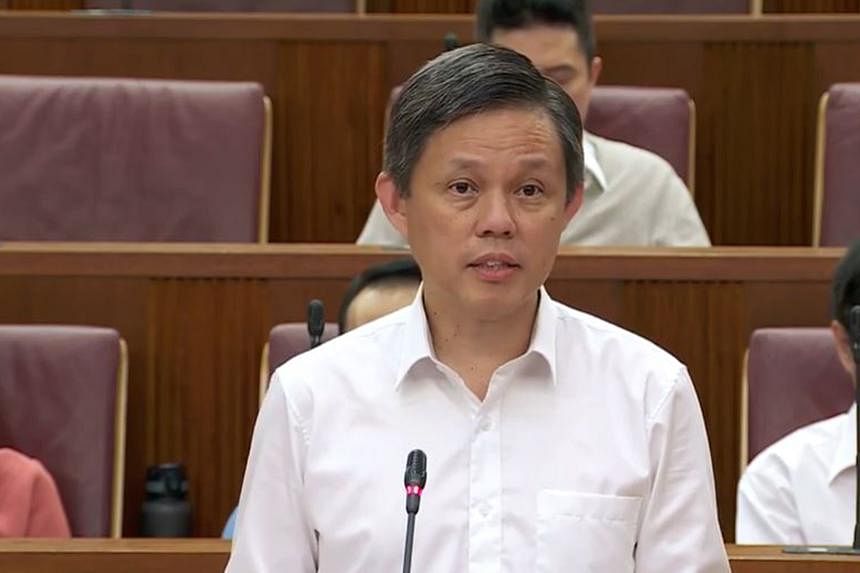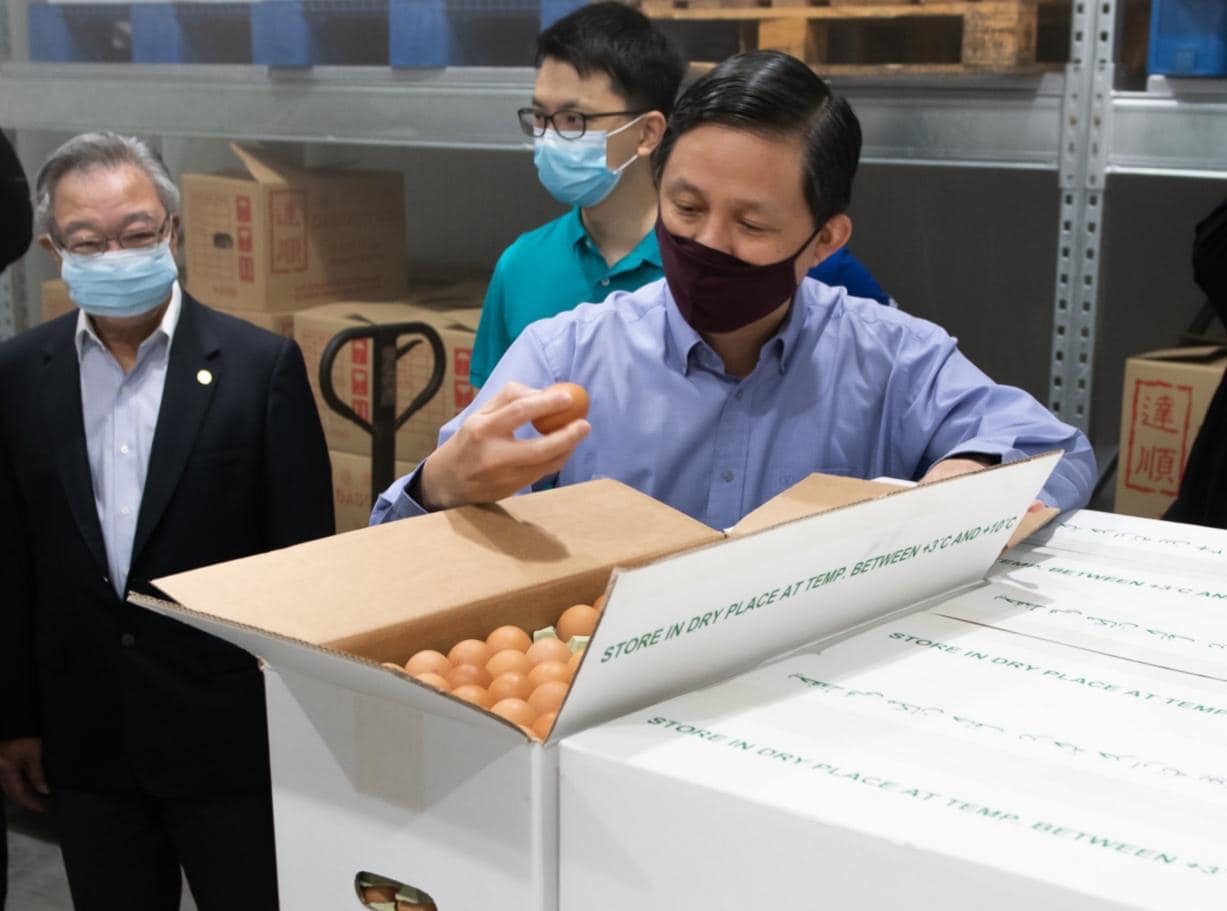
Q: Can public servants ask for gifts or favours?
A: No, especially when they are in a position to influence or affect decisions involving the other party. They must also not accept gifts offered on account of their official position or work.
“Our first instinct must be to decline any unsolicited gifts and return them if possible,” said Mr Chan.
Q: When can they keep gifts?
A: If it is not possible or practical to reject gifts, public servants must declare and account for the gifts according to established processes.
They may be allowed to keep a gift if they pay for it, after its value is assessed.
For operational simplicity, they can keep gifts worth less than $50 without paying if doing so does not affect the integrity of the civil service.
“But should an officer accept multiple gifts of $49 repeatedly? I think we know the answer from the spirit of the rule. If such a pattern of behaviour is observed, it must stop,” said Mr Chan.
Q: Can they accept meals?
A: Similar principles apply. Mr Chan acknowledged that it may not be practical to assess the value of a meal in the moment.
Public servants must have the good sense to know when they are being cultivated, and reject such attempts. They should inform their supervisors when in doubt.
“This does not mean that our officers should not go out and interact with non-government stakeholders to understand the business and social communities,” said Mr Chan, who added that it is part of public servants’ work to understand the world in order to govern responsively and responsibly.
He advised public servants to avoid attending such events alone, as the risk of being compromised in such situations is harder to manage.
Q: How can they report possible infringements?
A: Public servants can report wrongful or doubtful practices to the heads of their organisations.
“There are confidentiality and non-retaliation provisions in place to protect those who have reported in good faith,” Mr Chan said.
If anyone suspects that a superior has been compromised, he can report the suspicious activity to the organisation heads, or beyond the organisation – including to agencies like the Corrupt Practices Investigation Bureau (CPIB).
https://www.straitstimes.com/singap...cept-chan-chun-sing-clarifies-code-of-conduct






